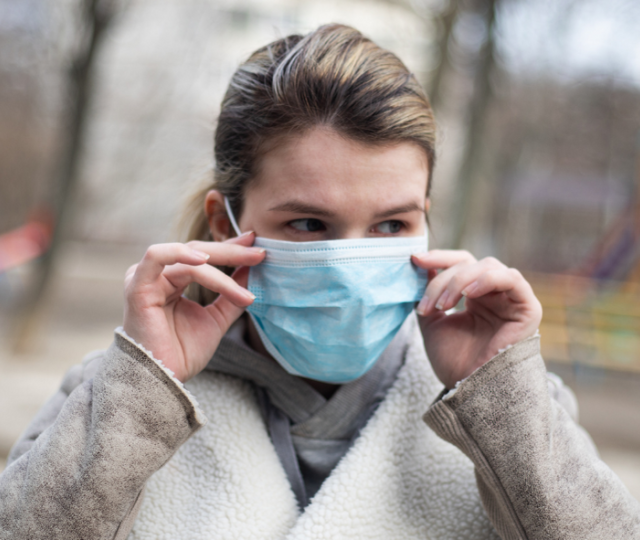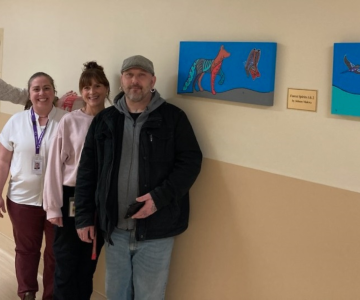Please make note of the following information on preventing and controlling communicable diseases in shelters and emergency winter response shelters guidance:
- The BC Communicable Disease Handbook for Housing and Social Service Providers provides staff at shelters and supportive housing sites in B.C. with practical resources in two key areas. It helps them:
- Prepare for and prevent the spread of communicable diseases
- Respond to communicable disease illness and outbreaks on site
- Clients of homeless shelters and emergency winter response shelters are vulnerable to a number of health conditions as outlined in the following report: Homelessness and Health Outcomes: What are the associations?
- The Public Health Toolkit for Encampment Responses provides approaches to supporting the health of encampment residents. It is based on a summary of experiences of Public Health Officials involved in encampments which occurred in B.C. between 2014 and 2019.














